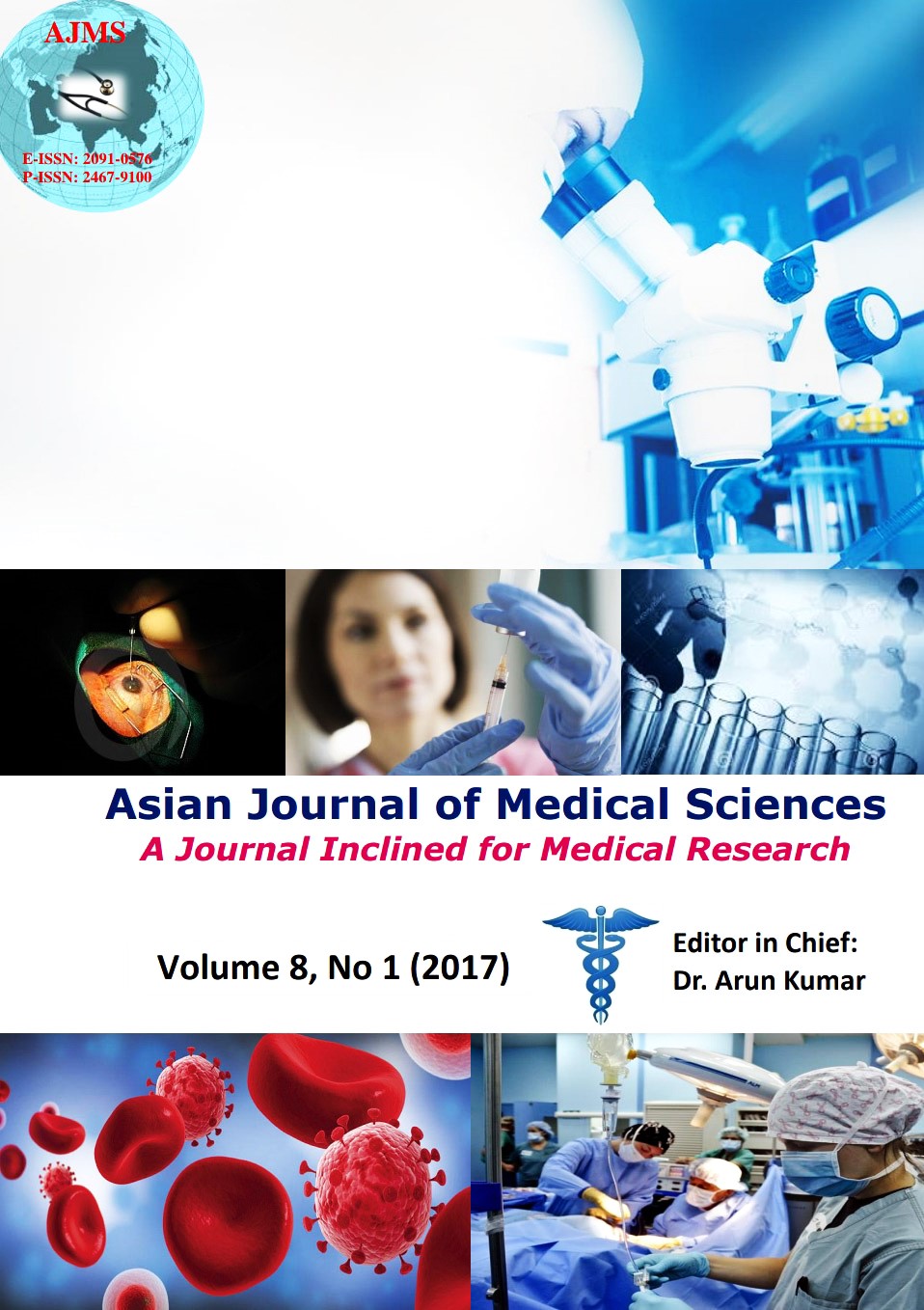Combination of bulk laxative along with probiotics and prebiotics in the management of irritable bowel syndrome with constipation: A safe & effective option
Keywords:
Irritable bowel syndrome, probiotics, constipation, prebiotics, ispaghulaAbstract
Background: Irritable bowel syndrome (IBS) is a common and relapsing functional bowel disorder. This disease has a substantial global burden and is associated with significant disability and high costs that adversely affects the health related quality of life of large population worldwide.
Aims and Objective: We studied the efficacy and tolerability of bulk laxative plus probiotic and prebiotic in the treatment of constipation associated IBS (IBS-C) in Indian patients.
Materials and Methods: Eighty patients with symptoms of IBS-C were enrolled in a post-marketing surveillance, multicentre, open label, non-randomized, noncomparative study where EVAQ- P - combination of fiber (psylliun husk/Ispaghula, probiotic and prebiotic) was given BID for 6 weeks. The symptoms were assessed at baseline, and after completion of 2, 4 and 6 weeks of therapy.
Results: Results showed a signifi cant trend (p < 0.0001) of improvement from week 2 for abdominal pain, abdominal fullness, defecation frequency, straining during defecation, constipation and subject global assessment of relief (SGA). Approximately 6% patients showed fl atulence (mild) as a treatment emergent side effect.
Conclusion: Combination of ispaghula along with a blend of probiotics and prebiotic twice daily for 6 weeks is effi cacious, safe, and well-tolerated in IBS-C patients.
Asian Journal of Medical Sciences Vol.8(1) 2017 85-90
Downloads
Downloads
Additional Files
Published
How to Cite
Issue
Section
License
Authors who publish with this journal agree to the following terms:
- The journal holds copyright and publishes the work under a Creative Commons CC-BY-NC license that permits use, distribution and reprduction in any medium, provided the original work is properly cited and is not used for commercial purposes. The journal should be recognised as the original publisher of this work.
- Authors are able to enter into separate, additional contractual arrangements for the non-exclusive distribution of the journal's published version of the work (e.g., post it to an institutional repository or publish it in a book), with an acknowledgement of its initial publication in this journal.
- Authors are permitted and encouraged to post their work online (e.g., in institutional repositories or on their website) prior to and during the submission process, as it can lead to productive exchanges, as well as earlier and greater citation of published work (See The Effect of Open Access).




